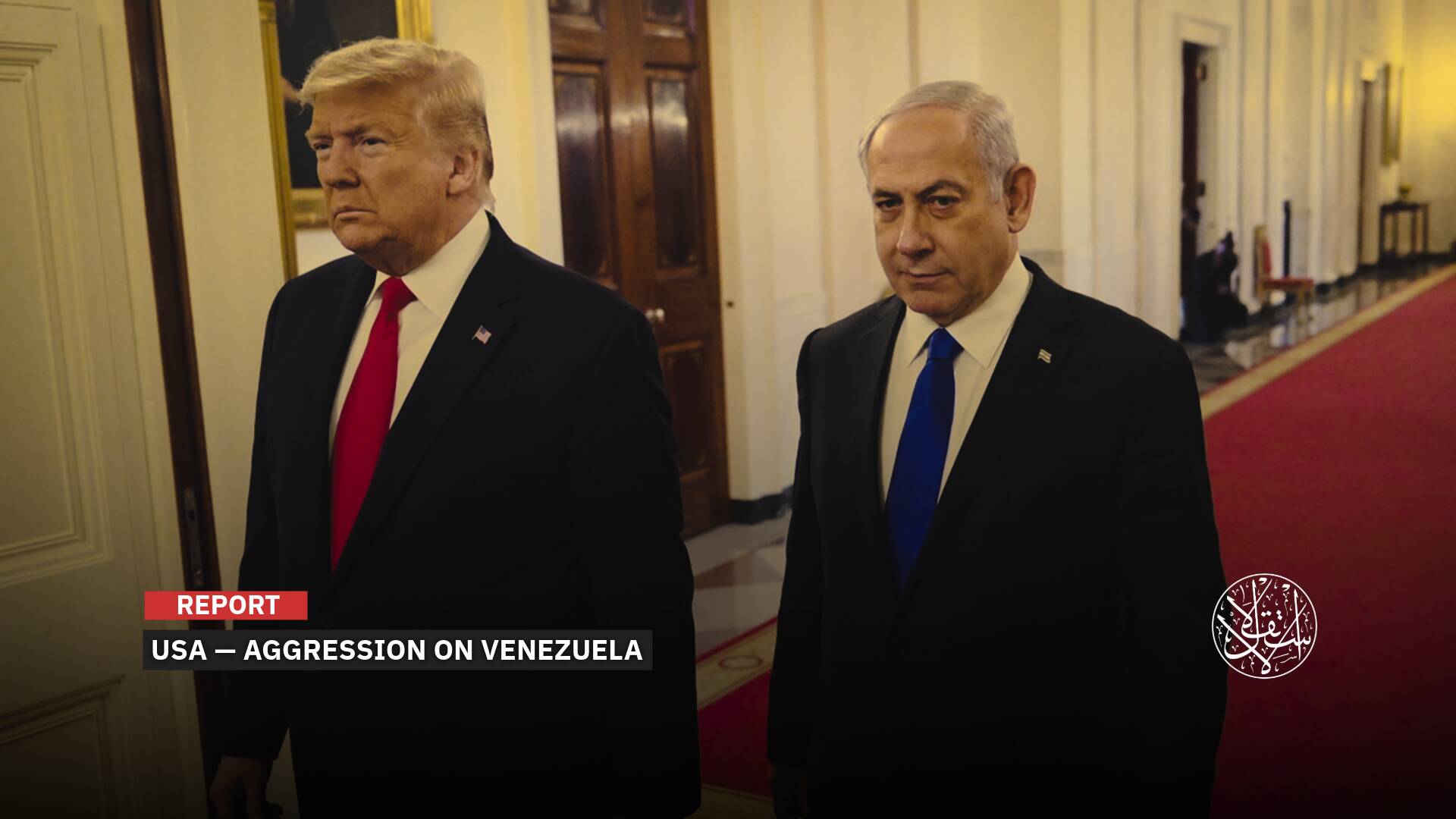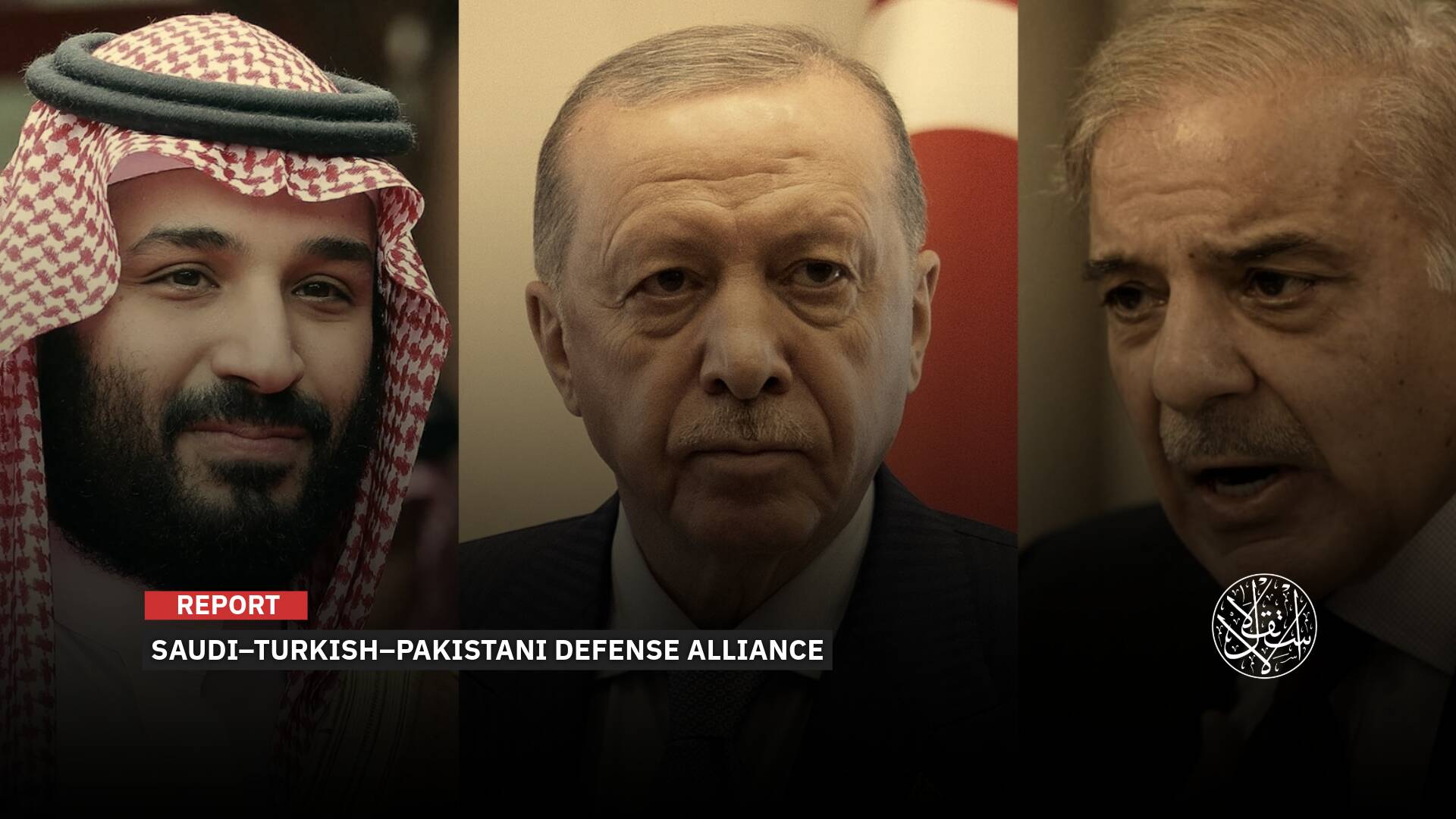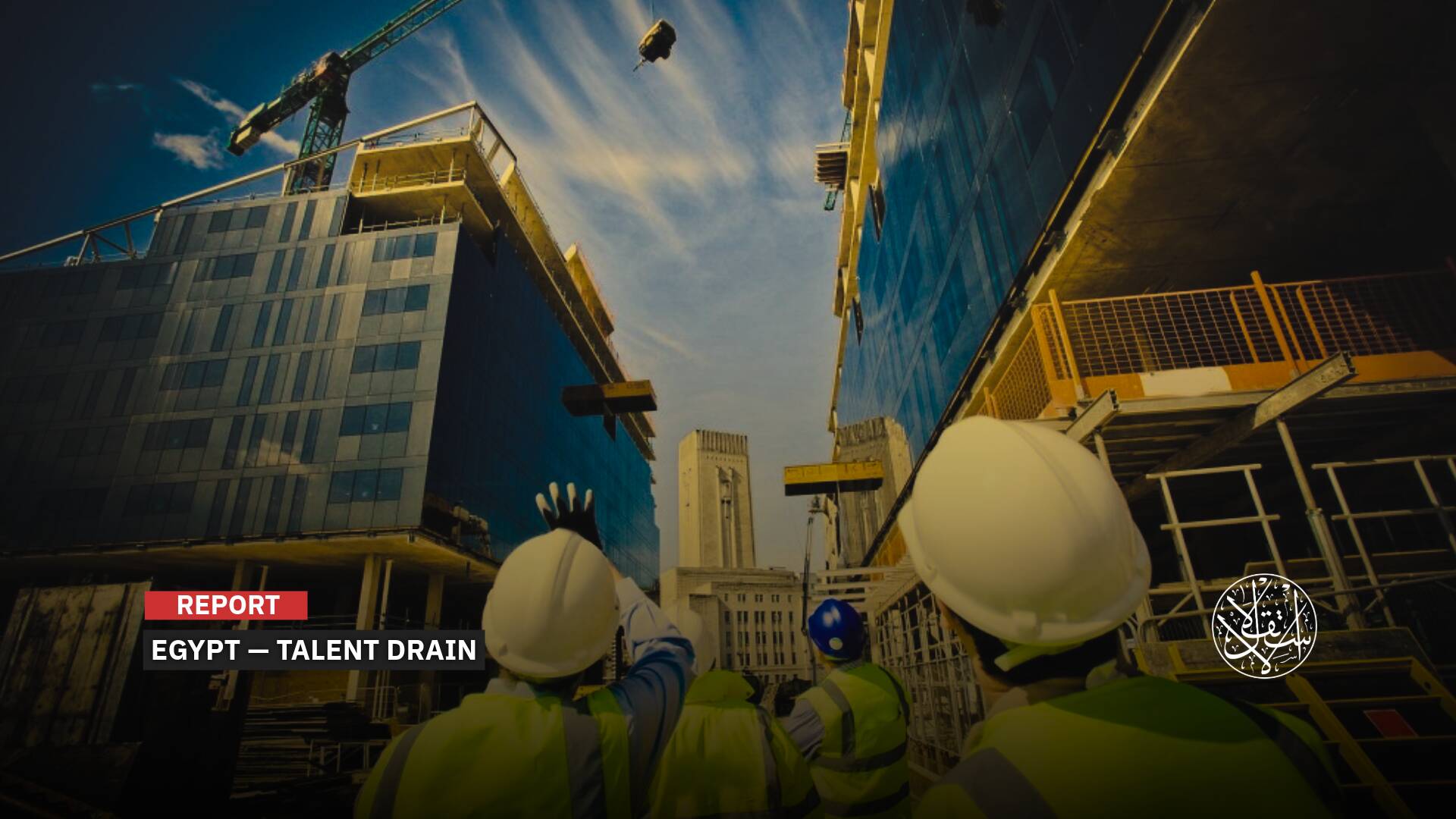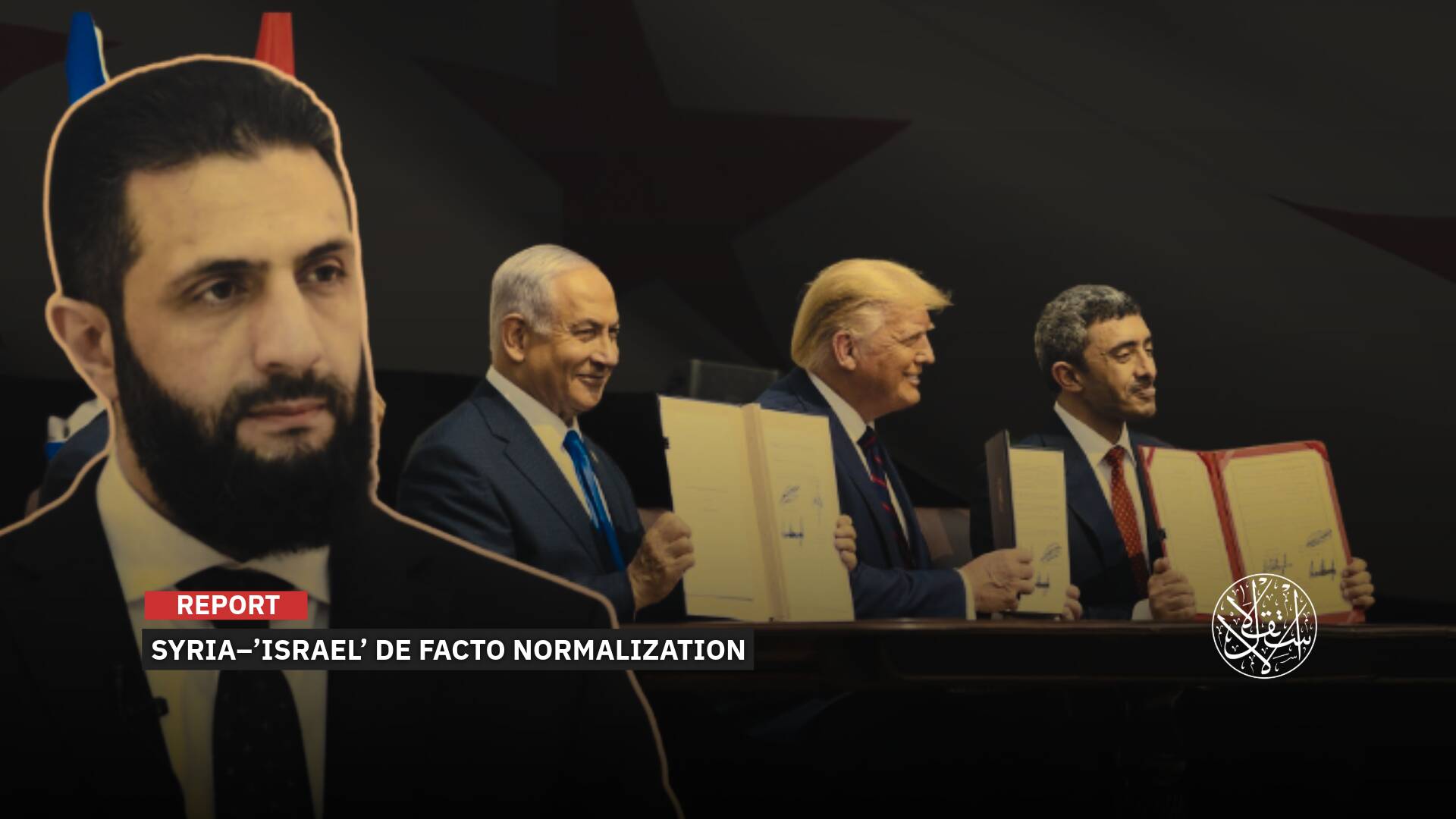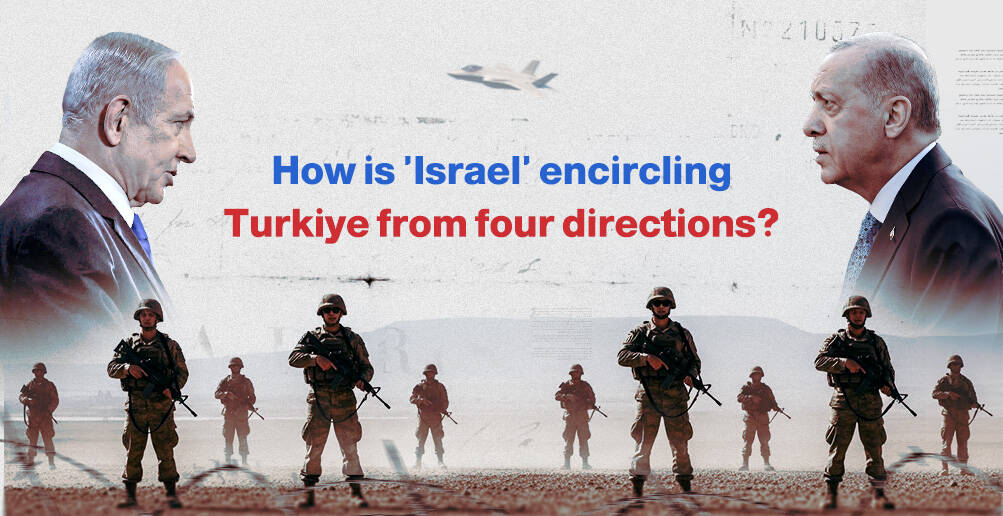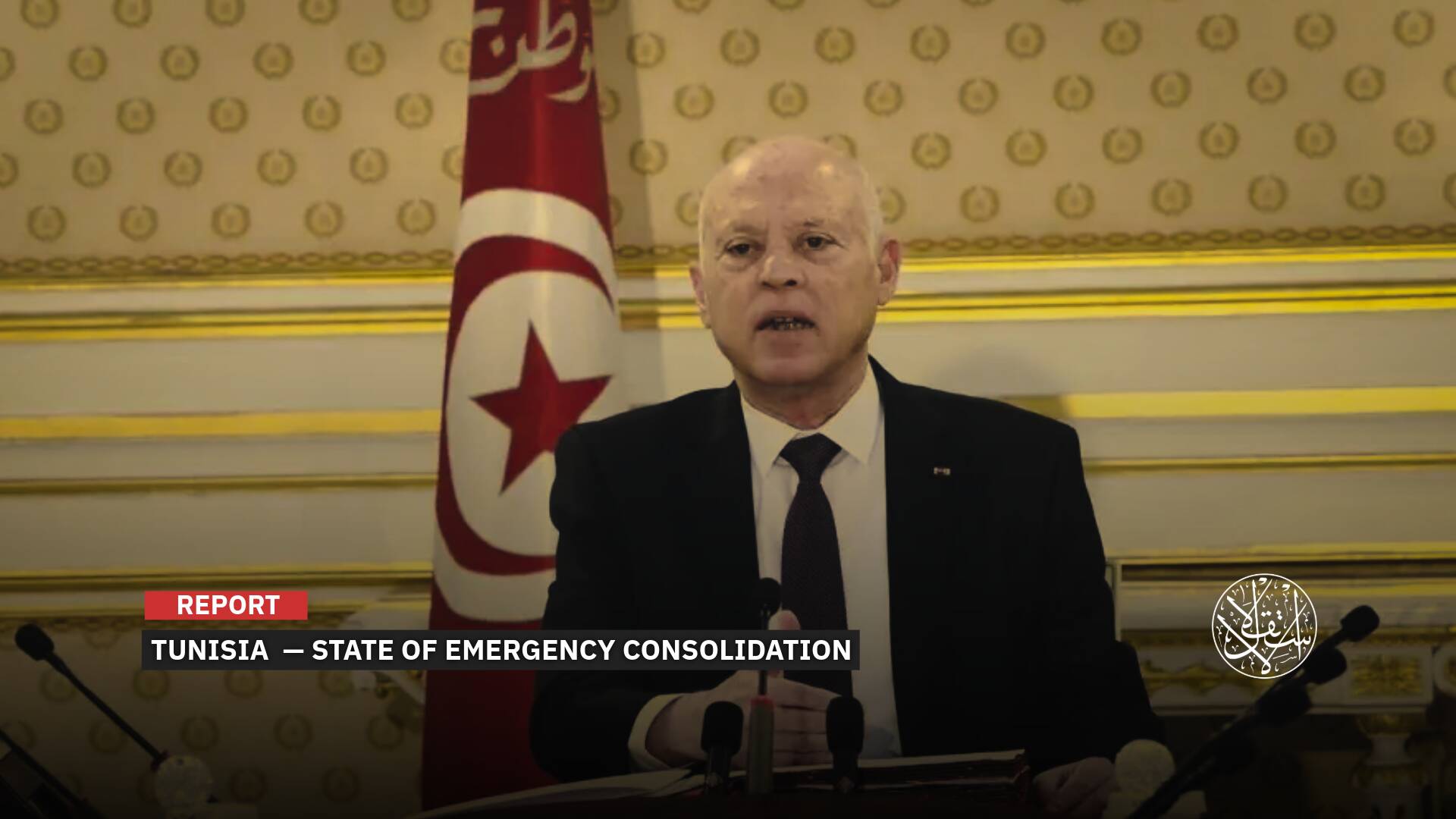Since It Does Not Seek to Topple the Coup, What Is the Real Goal of the Coalition’s Planned Operation in Yemen?

With the military operations of the Saudi-Emirati coalition entering its eighth year in Yemen, without achieving its goal of returning the legitimate authority and restoring the Yemeni capital, Sanaa, from the grip of the Houthis, the coalition announced on February 22, 2022, preparations for a large-scale military operation, without specifying an exact date.
This announcement coincides with the escalation of international tension between Russia and the West, because of the Russian military invasion of its neighbor Ukraine, which caused global anger and rejection, and sanctions continued between the two sides, amid fears that the conflict would extend to include nuclear weapons.
The failure and confusion have been chasing the Coalition since its military intervention in Yemen, at the request of Yemeni President Abd Rabbo Mansour Hadi on March 25, 2015, to stand against the Houthis who seized control of Sanaa by force on September 21, 2014.
Reaction
The opposite happened. The capabilities of the Houthis have developed remarkably, especially in the aspect of drones and ballistic missiles that have recently increased, reaching the Saudi and Emirati depths simultaneously.
The Coalition's announcement of preparations for a military operation against the Houthi militia in Yemen came after 16 civilians were wounded, 3 of whom are in critical condition, with shrapnel from a drone that was launched from Sanaa International Airport towards King Abdullah Airport in Jizan, southwest of Saudi Arabia.
The Coalition said in a statement published by the Saudi Press Agency (SPA) that "preparations for a large-scale military operation, and the Houthis must bear the consequences of their behavior targeting civilians."
The statement considered that "the Houthis understand only the language of force, and the response process is in accordance with international law."
The Coalition had previously announced large-scale military operations in Yemen against the Houthis, after similar Houthi attacks against Saudi Arabia.
On December 25, 2021, the Coalition announced a "large-scale" military operation in Yemen, after 2 people were killed and 7 wounded in a Houthi attack on Samtah governorate in the Jazan region in southern Saudi Arabia.
On January 24, 2022, the Coalition announced the launch of a military operation to destroy legitimate targets in Sanaa, against the backdrop of Houthi missile attacks on Saudi Arabia and the UAE.

It resulted in the injury of 2 people in the Saudi Jazan region, the killing of 3 people (a Pakistani and two Indians), and the injury of 6 others (including 2 Egyptians) in Abu Dhabi, UAE.
Regarding the latest announcement, Yemeni military researcher Ali al-Dhahab said, "This is not the first announcement. Every time the Coalition announces the implementation of a military operation, these operations are usually carried out by air, targeting command and control centers and civilian objects believed to be used for military purposes."
Al-Dhahab explained to Al-Estiklal that "the Coalition sees a direct and tangible impact in these operations, and many of these operations were carried out in Sanaa, Amran, Hodeidah, Saada and Dhamar."
He pointed out that "the announcement is for psychological preparation at the level of citizens and to warn them to leave these sites, and on the other hand, once the announcement is made, the movement of machinery and equipment or Houthi leaders is monitored and targeted."
Lack of Inclusivity
For his part, Professor of Political Sociology at Sanaa University, Abdul-Baqi Shamsan, said, “Coalition operations lack the concept of comprehensiveness, which comes from a strategic point of view. The lives of citizens are a scattered and incoherent process.”
He added to Al-Estiklal that "the military operations stem from the presence of a legitimate authority inside Yemen, which manages the military battles.”
“The operations should come to strengthen the legitimate authority, and it is the one that must advance the political and military scene in terms of statements and management of operations, instead of the Coalition countries that announce comprehensive operations and announce the cessation of battles, and announce going to war and peace,” according to Shamsan.
For his part, military researcher Ali al-Dhahab said that "the possibility of carrying out a military operation run by the forces on the ground is small, since its announcement from an early date revealed military plans, unlike air operations that have goals and objectives to protect civilians that fall within the framework of international humanitarian law."
The researcher told Al-Estiklal he believes that "the operation to be implemented may be a fiery preparation with strategic weapons for the forces, especially in the front lines, in order to enable the forces to advance, as happened in Shabwa and southern Marib, which contributed to the progress of government forces backed by tribes."
The Coalition lacks clear military plans that achieve tangible and broad results on the ground, pushing the process of liberating Yemen from the grip of the Houthi militia since the liberation of Aden in mid-July 2015.
In addition to the battle to liberate Hodeidah, which began on June 13, 2018, and stopped after the UAE-backed joint forces arrived in the neighborhoods of the city of Hodeidah and approached the strategic port of Hodeidah, due to the signing of the Stockholm Agreement between the government and the Houthis on December 13, 2018, under the auspices of the United Nations.

From time to time, government forces and tribes, with the support of the Coalition, carry out limited military operations in some governorates in the areas of contact with the Houthi militia and areas on the Saudi border, in addition to the governorates of Marib and al-Jawf, but they quickly retreat under the pressure of Houthi attacks as a result of the difference in armament.
The government forces depend mainly on the air cover of the Coalition, which did not provide them with modern weapons on the ground, equivalent to the Houthi weapon, which controlled the capabilities of the Yemeni army and looted weapons from state stores and used them on the battle fronts.
Pressure for a Political Solution
In this context, Academic Shamsan explained that "military operations have so far been sporadic and are carried out by militias under the name of the Happy Yemen Brigades or under the name of the Giants Forces, not a national army, and these, according to international law, are called militias or mercenaries."
He added, "There must be military operations carried out by the national army and subject to the commander-in-chief of the armed forces. There is no hope for these sporadic operations run by the Coalition countries and not by the legitimate authority."
He stressed that "ending the Houthi coup will only take place if the legitimate authority manages the political and military file, and so on. All of these operations do not achieve the goal, but rather make the peace path in Yemen far and loose."
Shamsan stated that "the aim of the expected operation is to undermine the Houthis' authority and preserve it alongside the Southern Transitional Council and the weak authority of the legitimate government, to find a settlement that includes all parties."
He went on to say: "This meets with the Western trend that talks about a settlement according to the UN envoy to Yemen, who said that he has a comprehensive plan that includes a political, military and security track and that he will contact all parties, and therefore the operations are to pressure the Houthi to engage in the political process."

For his part, military researcher Ali al-Dhahab said that this process comes within the framework of attrition and compel the Houthi militia to submit to peace and negotiate, but the Houthi militia does not believe in peace, and the option of war is the first for it, while peace is an exception.
Al-Dhahab believed that despite the war entering its eighth year, there has been no comprehensive military operation that brings the forces back to before December 2019, when the forces were on the outskirts of Sanaa and controlled most of the areas of al-Bayda and al-Jawf governorates and areas in Hajour in Hajjah governorate and al-Hasha in al-Dhala governorate.
The Yemeni military researcher pointed out that if the government forces are returned to what they were before, the military operation can be fruitful, and without this, it is a drain on all parties, and halts future political arrangements that mobilize all parties except for the legitimate government whose weaknesses lie in its leadership.
The Coalition affirms from time to time its support for the efforts made by the UN envoy to Yemen to reach a political solution to the crisis and accuses the Houthis of obstructing a political settlement and escalating their attacks against Saudi Arabia and areas under the control of the legitimate government.
Sources
- Arab Coalition Strikes Iran Revolutionary Guard, Hezbollah Hideout in Yemen
- What has the Arab coalition achieved on the ground in Yemen? [Arabic]
- The Yemen War: What have Saudi Arabia and the UAE achieved after four years? [Arabic]
- Five Years Since Decisive Storm - The Yemen Review, March 2020 [Arabic]


